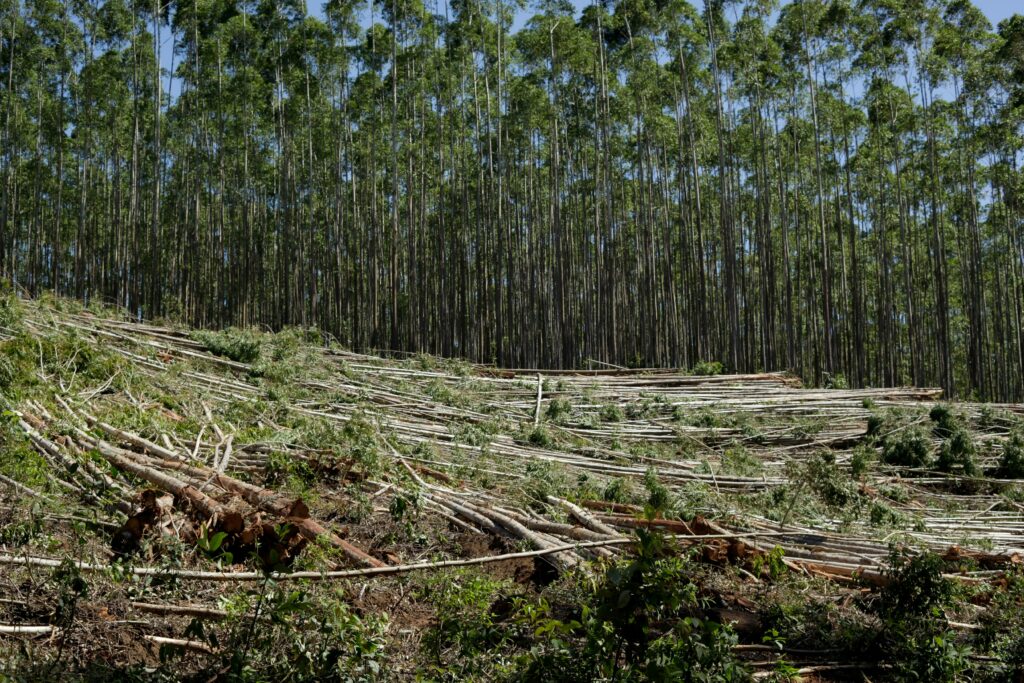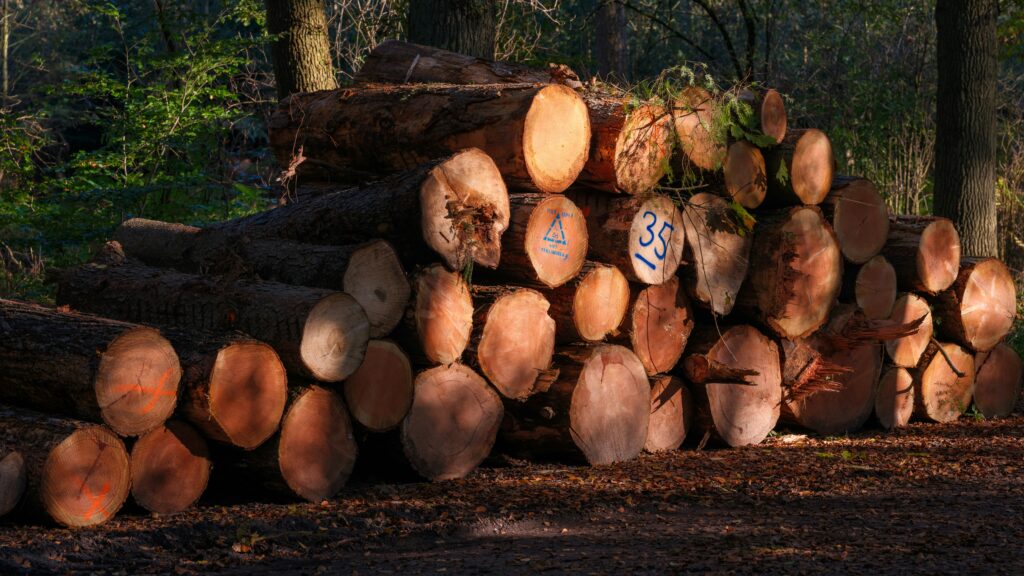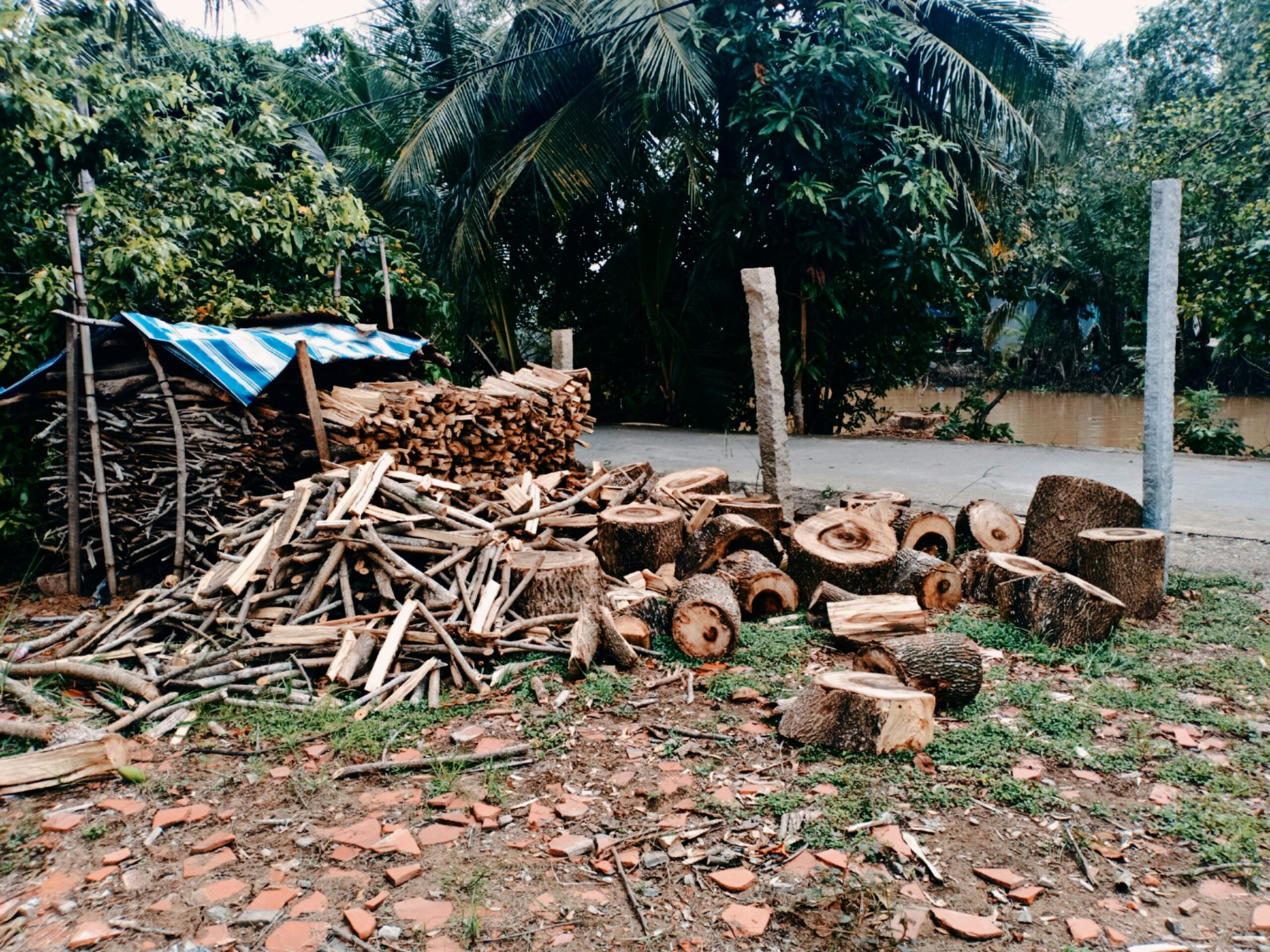The European Union’s Deforestation Regulation (EUDR) isn’t just a headline or another policy update to skim over. If you’re working in coffee – whether you’re a smallholder, trader, exporter, or roaster – this regulation directly affects how you operate, who you sell to, and whether you can stay in the EU market at all.
The EUDR requires that all coffee entering or leaving the EU must be deforestation-free, traceable back to the farm, and compliant with local laws in the country of origin. That’s a tall order, especially for an industry that relies heavily on small-scale growers and often mixes beans from many sources. But it’s also a necessary shift toward a more transparent and responsible supply chain.
This article walks through what EUDR compliance really involves for coffee, what problems are popping up already, and how businesses can meet the requirements without losing their grip on day-to-day operations.
Why the EU Is Targeting Coffee
Coffee was included in the EUDR because of its close ties to tropical deforestation. The problem isn’t just direct forest clearing to plant new coffee trees. It’s also about how rising demand for land pushes agriculture into forest edges and regenerating ecosystems.
In fact, the EU accounts for somewhere between 30 to 40 percent of global coffee-linked deforestation. That’s significant. The EUDR is the EU’s way of saying: if your coffee is connected to forest loss, you won’t be trading it in Europe anymore.
This regulation applies to all coffee and coffee-derived products crossing EU borders after December 30, 2025, for large and medium businesses, and June 2026 for micro and small enterprises. From that date on, anyone placing coffee on the EU market must be able to prove, with documentation and geolocation data, that it didn’t come from land deforested after December 31, 2020.
What the Regulation Actually Requires
Let’s break down the must-haves for EUDR compliance. It’s not just one form or one deadline. The regulation is structured to require proof, not trust. That means documentation, traceability, and ongoing monitoring.
Core EUDR Requirements for Coffee
- Deforestation-free sourcing: Coffee must be grown on land that has not been deforested or degraded since the cutoff date.
- Geolocation: Every lot of coffee must be linked to a specific farm, with either GPS coordinates or mapped polygons.
- Due diligence system: Companies must collect and assess information, identify any risks, and take action to reduce those risks to negligible levels.
- Compliance with local laws: The coffee must be legally produced, including land tenure, labor rights, and environmental regulations.
- Traçabilité: Full farm-to-export tracking is mandatory. No mixing, no blind spots.
- Submission of due diligence statements: These need to be filed with the EU before products are imported or exported.
Each of these components is necessary. Skipping any of them, or getting them wrong, can lead to rejection at the border or even legal penalties.

Small Farms, Big Data Problems
Roughly 60 percent of the world’s coffee comes from smallholder farmers. That’s great for local economies and quality beans, but tough when it comes to traceability. Most of these growers farm less than 1 hectare, often on informal land arrangements, and many don’t have digital records or mapping tools.
One of the biggest challenges so far has been geolocation data. According to internal audits from supply chain platforms, more than 10 percent of submitted farm polygons contain errors like overlapping boundaries or mismatched coordinates. These are instant red flags during compliance checks.
Another issue is blending. Roasters often mix beans from different farms or cooperatives. If one farm in that blend is non-compliant, the whole lot is in trouble. That means businesses will have to separate and verify batches much earlier in the supply chain.
What Makes Compliance Tricky in Practice
Meeting EUDR requirements isn’t just a matter of checking a few boxes. Several real-world problems can slow things down or derail compliance entirely.
Common Challenges Coffee Businesses Face
- Inaccurate mapping tools or manual errors in field data
- Timber plantations near coffee farms triggering false deforestation alerts
- Unclear land rights or farms inside protected areas
- Supply chain mixing, making it hard to trace coffee back to individual growers
- Lack of digital infrastructure for smallholders to collect or upload data
- Cost of compliance tools, especially for cooperatives with limited budgets
Some of these issues are fixable with training or better tech. Others require deeper changes, like updating contracts or revisiting land documentation.
What to Do First: A Practical Starting Point
Trying to overhaul your entire supply chain overnight probably isn’t going to work. But there are steps you can take now that will make the transition smoother and help avoid surprises later.
Start with these:
- Map your current suppliers: Identify all farms in your network and start collecting location data.
- Assess your documentation: Look at contracts, certifications, and local law compliance.
- Run a risk screening: Use deforestation risk maps to identify high-risk zones or unclear boundaries.
- Separate unverified batches: Don’t let one unclear farm affect your whole lot.
- Talk to cooperatives early: Many smallholders will need support, both technical and financial.
- Choose your traceability tools: Look for platforms that are built for EUDR data formats and offer polygon mapping and risk scoring.

Tool That Can Help: EUDR Compliance
When it comes to EUDR coffee compliance, having the right tools makes all the difference. The process demands more than spreadsheets and good intentions. You need geolocation accuracy, reliable monitoring, and a clear way to prove your coffee is deforestation-free. That’s exactly what we built our platform to handle.
Au Conformité au règlement EUDR, our solution helps coffee producers and traders cut through complexity. We’ve designed our platform to be accessible for businesses of all sizes, whether you’re running a regional cooperative or managing multiple origins at scale. You don’t need a massive tech team or a huge budget to get started. Our goal is to make full compliance achievable without draining your resources.
Here’s what our tool focuses on:
- Satellite-based monitoring that gives you fast, accurate deforestation checks
- Automated compliance reporting, so you spend less time on paperwork
- Supply chain data collection that supports detailed product descriptions, quantities, origin records, and geolocation for every lot
- Built-in risk assessment workflows to help you identify, verify, and mitigate high-risk suppliers
- Flexible pricing and an intuitive interface, so teams can adopt the system quickly without a steep learning curve
We’ve aligned everything with EUDR requirements from the ground up. That includes data quality controls, deforestation verification after the 2020 cutoff, legality documentation, and due diligence statement preparation. It’s all structured to help you submit confidently and stay compliant as your supply chain evolves.
What sets us apart is the balance of speed and reliability. Compliance doesn’t have to slow you down. We give you the tools to move fast while keeping your data clean and defensible.
Compliance Is Ongoing, Not a One-Off
Submitting a due diligence statement doesn’t mean you’re done. The EUDR requires businesses to keep monitoring for risks and update records regularly. If regulators or civil society groups raise a substantiated concern about your product, the EU can launch an investigation, even after import.
That’s why ongoing field audits, remote monitoring (like satellites), and supplier updates are essential. This also makes it easier to keep your due diligence system ready for new harvests or new suppliers.
Supporting Smallholders Without Leaving Them Behind
Let’s be real. If the industry pushes too hard on compliance without support, many smallholders will be excluded from the EU market. That hurts everyone.
Engaging with farmers early, offering mobile-based tools for mapping, and working with NGOs or local authorities to validate land claims are all ways to make compliance more inclusive. Some companies are even pooling resources across cooperatives to reduce costs for shared digital tools.
Training is another key part. Many smallholders are already farming responsibly, but they may not know how to prove it. Helping them understand what data matters and how to document it will go a long way toward smoother trade.

What the Future Looks Like for Coffee and EUDR
The EUDR isn’t just a short-term hurdle. It’s part of a global shift toward traceable, ethical trade. Whether you see it as a challenge or an opportunity depends on how you prepare.
Over time, we may see:
- More investment in agroforestry and shade-grown systems
- Digital records becoming the norm, even in smallholder regions
- Buyers using EUDR compliance as a filter for preferred suppliers
- New certification schemes that align with EUDR standards
- Market differentiation based on traceability and environmental data
Companies that start building systems now will be in a better position to keep trading in the EU and potentially access other regulated markets that follow suit.
Final Thoughts
The EUDR might seem overwhelming, especially for businesses used to more flexible supply chains. But the core idea is simple: if you want to sell coffee in the EU, you need to know where it came from and show that it didn’t harm forests.
It’s not just about avoiding penalties. It’s about building a supply chain that’s transparent, future-proof, and fair to the people growing your coffee.
Start with mapping, invest in the right tools, support your suppliers, and take it one step at a time. The sooner you begin, the less painful it will be when the deadline arrives.
FAQs
What is the EUDR, and how does it impact coffee producers?
The EUDR, or European Union Deforestation Regulation, is a new rule that affects anyone selling coffee into or out of the EU. It requires producers, exporters, and traders to prove that their coffee wasn’t grown on deforested land after December 2020. It also demands that every batch be traceable to its farm of origin, and that the production process follows local laws. For coffee businesses, this means tighter documentation, geolocation data, and constant monitoring.
Is certification like Fairtrade or Rainforest Alliance enough to comply with the EUDR?
No, not by itself. While voluntary certifications can support your overall compliance strategy, they don’t replace the specific requirements of the EUDR. The regulation requires its own form of due diligence, including farm-level geolocation and deforestation risk checks. So even if your coffee is certified organic or fair trade, you’ll still need to go through the full EUDR process.
What happens if I can’t prove where my coffee comes from?
In short, you won’t be able to trade in the EU. The regulation is clear that products must be traceable all the way back to the farm. If you can’t provide that, your shipment could be blocked at the border. It’s not just about having a general idea of origin – you need actual coordinates or mapped boundaries for every lot.
Do smallholders really need to comply too?
Yes, but not right away. Large and medium companies must meet the requirements by the end of 2025, while micro and small enterprises have until mid-2026. Still, even smallholders will eventually need to prove that their coffee is deforestation-free and traceable. That’s why starting early matters, especially if you’re working with multiple growers or informal cooperatives.
How can I make compliance easier without overcomplicating my workflow?
Start by mapping your supply chain and figuring out where the data gaps are. You don’t have to fix everything at once, but you do need a system that tracks farm locations, checks for deforestation risks, and helps you file due diligence statements. Tools like the EUDR Compliance platform are built to handle that part, so you can focus on running your business instead of chasing down paperwork.


